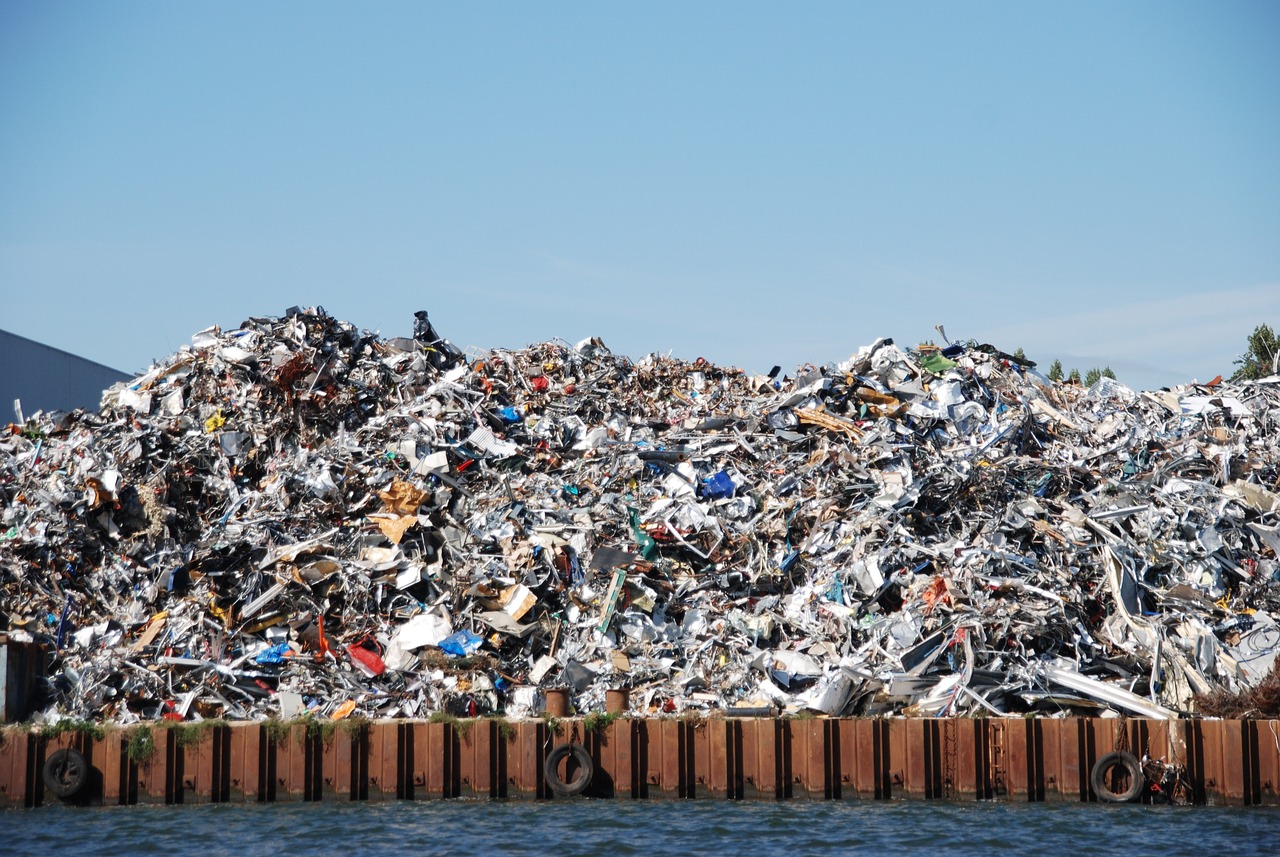
Tecnologia verde: l’impatto del riciclaggio sul Pianeta
In recent years, green technology has played a crucial role in promoting environmental sustainability. One of the most significant aspects of this trend is recycling, a process that not only reduces waste but also lessens the environmental impact of producing new materials. But how does technology fit into this context? And what are the innovations that are revolutionizing the recycling industry?
The Role of green technology in recycling
Green technology refers to the use of technological solutions to reduce the environmental impact of human activities. In the context of recycling, it means adopting advanced technologies to improve process efficiency, reduce energy consumption, and minimize waste. Let’s explore some of the most promising technologies.
Advanced material separation technologies
One of the main challenges of recycling is the separation of materials, especially when dealing with electronic waste. These contain a variety of metals, plastics, and other materials that must be separated for proper recycling.
Optical sensor technologies
These are used to identify and separate plastic materials with precision. These sensors recognize different types of plastics based on their optical signatures, allowing for highly efficient automated separation.
Electrostatics and eddy current technology
These technologies are particularly useful in metal separation. For example, eddy currents are used to separate non-ferrous metals like aluminum and copper from other waste.
Chemical and biological recycling
In addition to traditional mechanical recycling, new forms of chemical and biological recycling are emerging. These methods allow for the transformation of waste into new materials at the molecular level, potentially offering higher recovery rates and greater purity of recycled materials.
Chemical recycling
Involves breaking down plastic polymers into their basic monomers, which can then be reused to create new plastic materials without losing quality. This technology can drastically reduce the amount of plastic that ends up in landfills or oceans.
Biological recycling
Relies on the use of enzymes or microorganisms to degrade waste. For example, some bacteria can break down PET plastics into harmless substances that can be reused in the production of new products.
The importance of blockchain in recycling
Another emerging aspect in the field of green technology and recycling is the use of blockchain. This technology allows for tracking the lifecycle of materials from production to recycling. By using blockchain, companies can ensure that their products are recycled responsibly, offering transparency and trust to consumers.
The impact on the Planet
The integration of these technologies into the recycling process has a significant impact on the Planet. By reducing the consumption of natural resources and lowering greenhouse gas emissions associated with the production of new materials, technologically advanced recycling contributes to the fight against climate change.
Moreover, the adoption of green technologies in recycling can lead to a reduction in waste destined for landfills and incinerators, thus reducing soil, water, and air pollution.
Recycling is a fundamental element of green technology, and technological innovations are making this process increasingly efficient and sustainable. From advanced material separation to chemical and biological recycling, and the use of blockchain, technology is transforming how we manage our waste. Investing in these solutions is not only an ethical choice but also a necessary step to ensure a more sustainable future for our planet.








